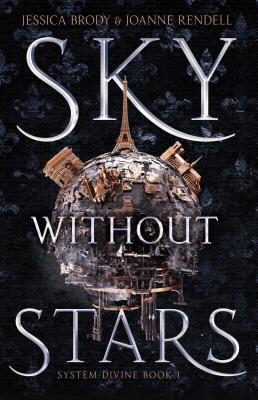
Yes, Sky Without Stars is a retelling of Les Misérables set in space. Yes, it has your Jean Valjean, your Javert, your Marius, your Cosette, and your Eponine characters. Yes, it has an infamous criminal hiding from the police, a clueless adopted daughter, a member of the upper class questioning everything he knows about class, and a female street urchin caught up among all their stories. But what starts as a retelling becomes so much more.
What it becomes is a reminder of the power of the printed word. It is a call to remember history as accurately as possible because when you forget the past, you allow those who have not to gain control over you. It is the ease with which the monied exploit the poor and the many ways those in the middle ignore the exploitation. It is another example of how often history repeats itself without proper education and diligence.
It is a story about resources – people, money, food, and natural – and the dangers of having too much or too little. It is the lengths people will go to survive when desperate. It is the relationships that bind us to one another, whether we want them to do so or not. It is about secrets and political machinations that run deeper than anyone knows and the dangers of uncovering such plots.
Lastly, it is a space opera. Set in a different universe, on a plant that never sees the light of a sun, the permanent darkness plays a significant role in the mood of the people and the tone of the novel. Survival on a planet with limited resources is an aspect of the story that did not exist in the original. Nor did space travel, computer systems, embedded technology, androids, and other space elements. These add their own twist to the novel that makes it even larger and more spectacular than Hugo’s masterpiece.
Jessica Brody and Joanne Rendell do an excellent job taking Hugo’s story and making it their own. I like that they focus on the three younger characters rather than on the dynamic between hunter and hunted. I particularly like how they flesh out each of those characters, making them less insipid, more complex, more morally ambiguous, more human. I also enjoy how they downplayed the love story to focus on the political interplay. Best of all, by the time the novel ends, the story is heading in directions Hugo never went, making it original and providing enough unanswered questions to make anyone anticipate the sequel.
